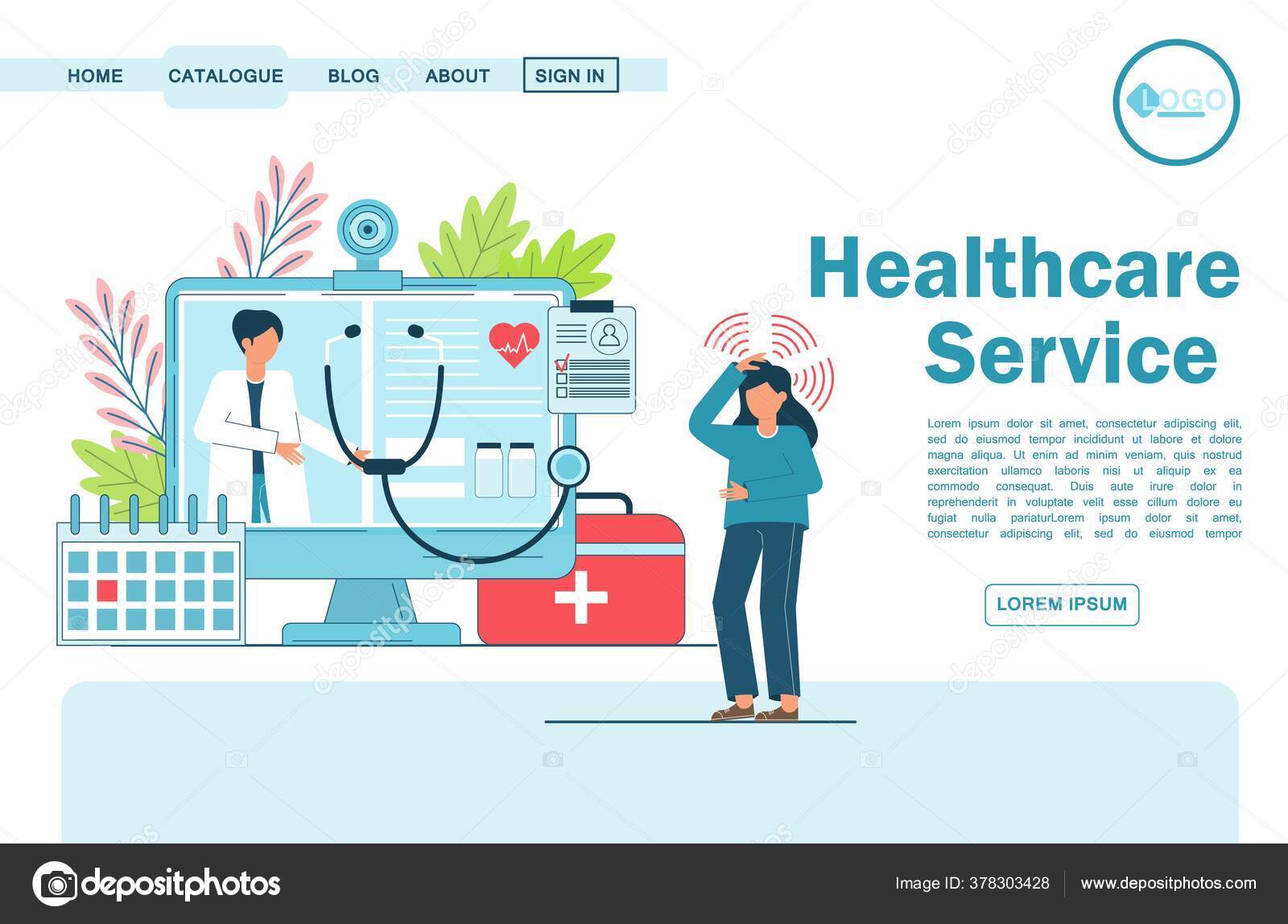Understanding the Price Savings of Subscription Based Healthcare for Families
Understanding the Price Savings of Subscription Based Healthcare for Families
Blog Article
Navigating the Future of Medicine With Subscription-Based Healthcare Services
As the healthcare market advances, subscription-based services become a critical version assuring to reshape patient treatment shipment. With the prospective to supply streamlined, affordable services through predictable prices and customized focus, these services stand at the center of contemporary medical technology. Yet, as we consider their increase, one have to ponder the ramifications of incorporating such systems into existing medical care structures. What challenges do they present in terms of information security and equitable accessibility, and how might they redefine the patient-provider partnership? The response to these inquiries might fundamentally modify our method to healthcare.
Surge of Subscription Medical Care
As health care systems worldwide face enhancing pressures from increasing prices and need for services, the advent of subscription-based health care models has actually become a transformative fad. This innovative technique is interfering with traditional health care distribution by providing a foreseeable, flat-rate payment framework for medical solutions. Rooted in the concepts of concierge medicine, subscription-based healthcare enables providers to focus on tailored individual care while all at once handling functional effectiveness.
The raising customer need for openness and predictability in health care expenditures has driven the shift in the direction of this design. Subscription-based solutions commonly provide straight access to health care professionals, which can reduce the management worries linked with insurance policy cases and compensations.
This design is getting traction amongst diverse doctor, from key care doctors to specialized facilities, by lining up economic motivations with preventative and continual care. By moving the focus from quantity to value-based care, membership medical care has the prospective to improve the landscape, fostering a more sustainable and patient-centered strategy to health administration.
Advantages for People

Furthermore, subscription-based solutions typically emphasize precautionary treatment, motivating routine exams and health and wellness screenings. This aggressive method can cause very early detection of wellness concerns, possibly improving outcomes and decreasing lasting health care expenses for patients. Such designs generally use clear prices, permitting individuals to better recognize their healthcare expenditures and prevent unanticipated medical costs.
The customized nature of subscription-based health care also boosts patient experience. Clients can obtain tailored healthcare plans that suit their certain demands, promoting a much more patient-centric approach. This personalization can lead to better individual complete satisfaction and adherence to therapy plans. Registration solutions often incorporate wellness programs, sustaining individuals in maintaining overall health and wellness and health. Eventually, these benefits jointly add to a much more efficient, affordable, and patient-friendly healthcare experience.
Technology's Role in Transformation

Expert system (AI) plays an important role in anticipating analytics, aiding in early diagnosis and customized therapy strategies. AI algorithms analyze large datasets to identify patterns that may be forgotten by human monitoring, hence improving clinical decision-making. Electronic wellness documents (EHRs) streamline client details monitoring, ensuring connection and coherence of care throughout numerous solutions and suppliers.
Blockchain innovation enhances information safety and personal privacy, crucial for maintaining individual rely on digital systems. It enables safe and secure and transparent purchases of medical data, guaranteeing that sensitive details stays protected. With the integration of equipment understanding and AI, blockchain can automate complex healthcare processes, lowering management burdens.
Factors To Consider and difficulties
While technology moves the abilities of subscription-based health care solutions, it also introduces a set of challenges and factors to consider that must be addressed to make certain successful implementation. One significant obstacle is the equitable availability of these services. As registration versions frequently count on electronic systems, there is a danger of worsening the digital divide, leaving individuals without internet gain access to or electronic proficiency. Ensuring these services do not disproportionately profit only tech-savvy and wealthy try this website populations is essential.
Data privacy and security stand for an additional crucial consideration. Subscription-based solutions commonly involve the collection and storage of vast amounts of individual health details. Companies have to comply with strict information defense laws to keep person trust and prevent unapproved access, which might lead to substantial ethical and lawful effects.
Moreover, the sustainability of subscription designs presents an obstacle. As health care requires advance, preserving an economical equilibrium between membership charges and solution top quality is essential to avoid client discontentment and attrition. Integrating these her comment is here solutions within traditional medical care systems needs smooth interoperability in between platforms, which is frequently a complex and resource-intensive undertaking. Attending to these obstacles is necessary as subscription-based medical care services continue to broaden and advance.
Future Implications for Medicine
Subscription-based health care services are positioned to substantially influence the future landscape of medicine by improving how treatment is accessed and delivered. These versions provide the potential to democratize health care accessibility, supplying individuals with more prompt and personalized treatments. By leveraging modern technology, such as telemedicine and information analytics, membership solutions can facilitate continuous tracking and tailored health monitoring, thus enhancing outcomes and decreasing the burden on standard healthcare systems.
As these services gain traction, they might stimulate a change towards preventative treatment, highlighting the importance of very early detection and monitoring of persistent problems. This aggressive approach might inevitably lower health care costs by mitigating the demand for expensive therapies developing from late-stage condition administration. In addition, membership designs offer a scalable option to address differences in health care accessibility, especially in underserved or country populaces.
Nevertheless, the change towards subscription-based designs requires resolving governing and ethical considerations, including information personal privacy and equitable gain access to. As the industry progresses, joint initiatives between policymakers, modern technology developers, and doctor will certainly be crucial to developing durable frameworks that guard individual passions while useful source promoting advancement. Inevitably, these services assure to add substantially to a much more efficient, patient-centered health care environment.

Conclusion
Subscription-based medical care services represent a significant evolution in the medical area, providing predictable expenses and customized care that improve access and prioritize precautionary steps. As the medical care landscape progresses, membership versions are positioned to play a crucial duty in forming the future of medication.
As the healthcare market develops, subscription-based services emerge as a crucial design assuring to reshape person care delivery.As health care systems around the world face raising stress from rising expenses and need for solutions, the development of subscription-based healthcare designs has arised as a transformative trend (subscription based healthcare).With the increase of subscription-based healthcare models reshaping conventional medical care distribution, people are beginning to experience substantial benefits from this cutting-edge method. As healthcare requires evolve, maintaining an economical balance between membership charges and solution quality is crucial to protect against individual discontentment and attrition.Subscription-based healthcare services are positioned to dramatically affect the future landscape of medicine by reshaping how treatment is accessed and provided
Report this page